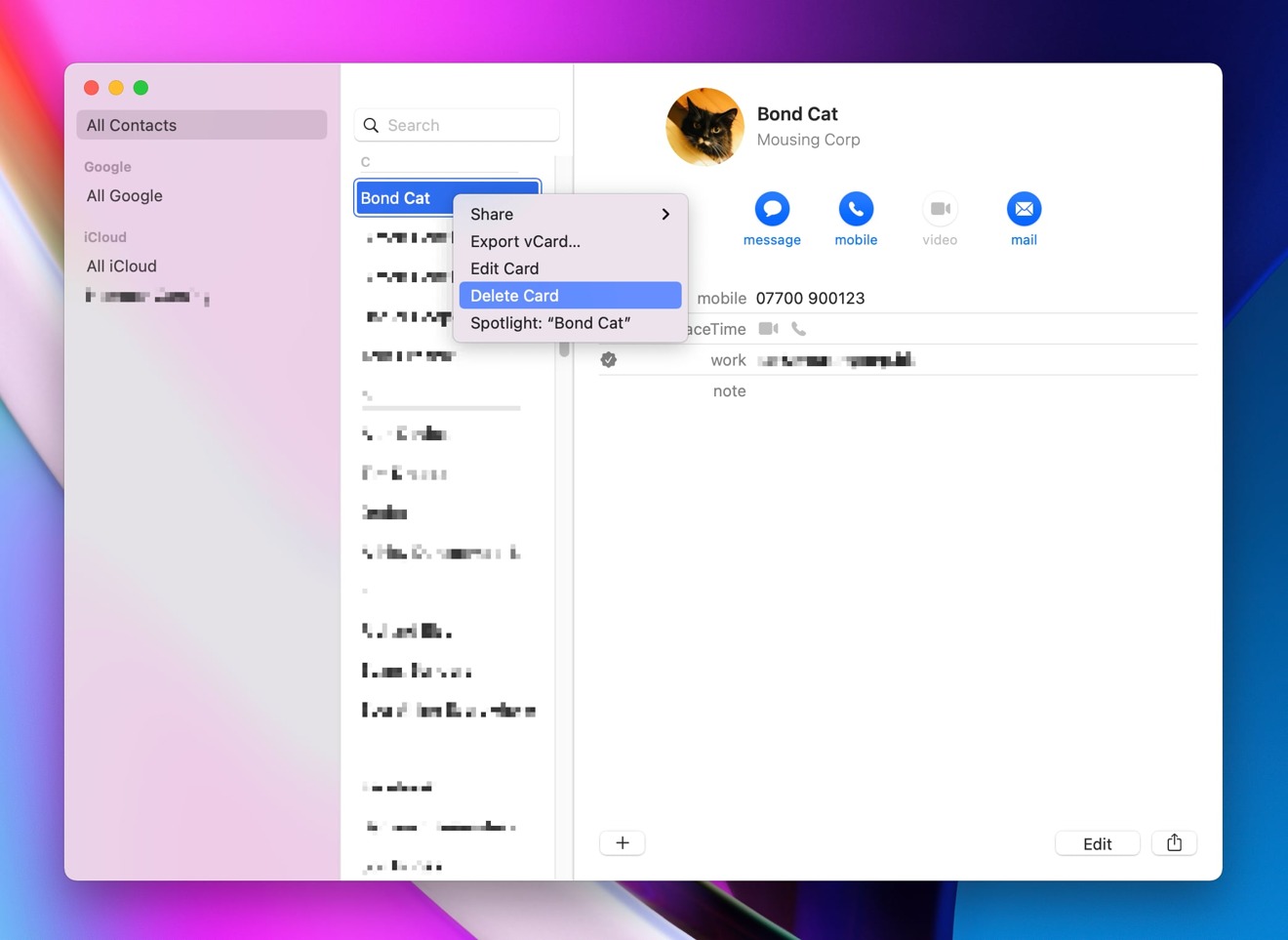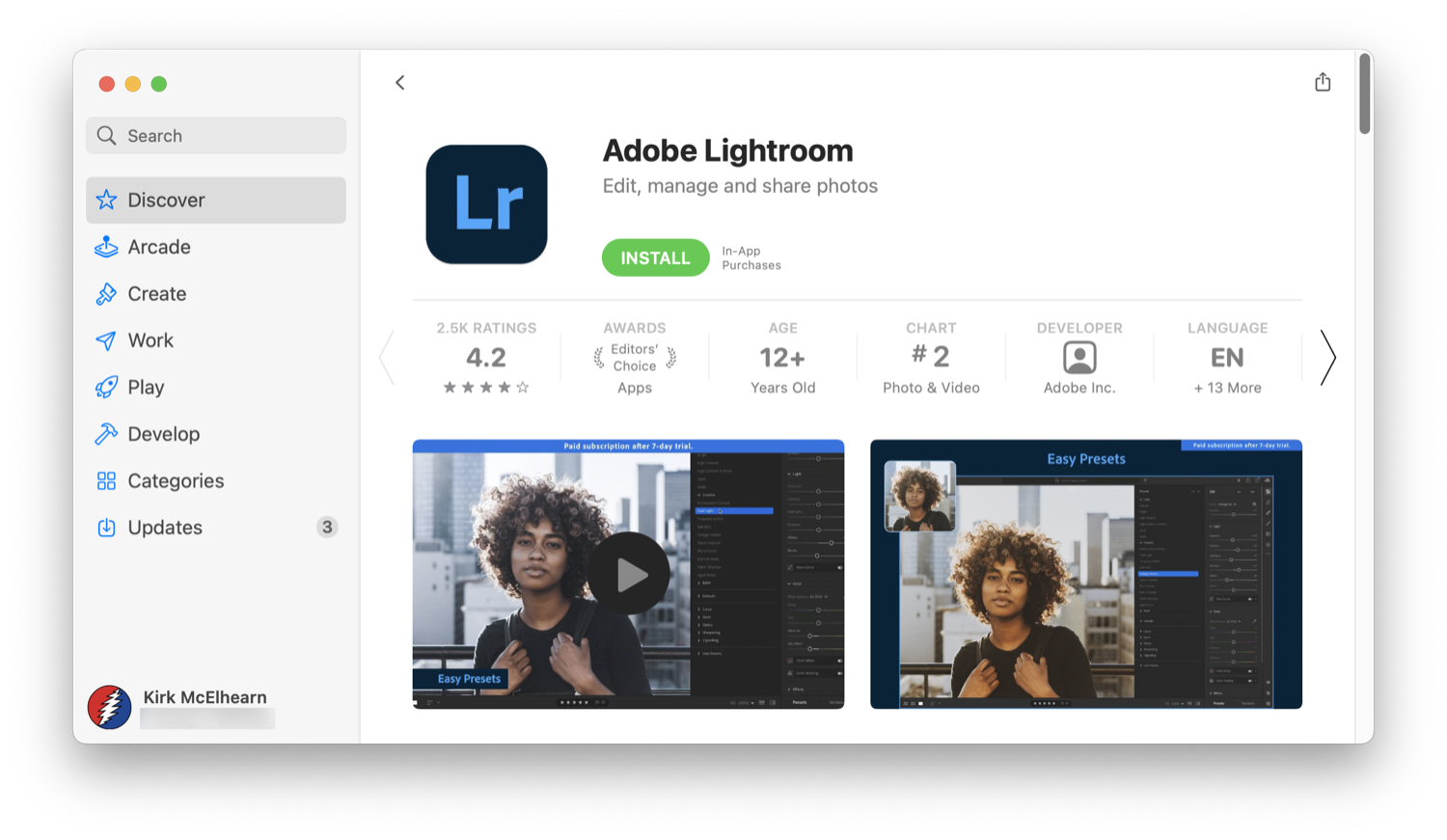

Find and connect to devices on your local networkĮvery iPhone has a unique device code, known as an ID for Advertisers (IDFA). Apple’s own apps in the App Store will get these labels too, and built-in software, such as Messages, will have information available on Apple’s site. This is a good step forward in transparency, but keep in mind that app developers are self-reporting their usage here, so don’t take the labels as a guarantee. It may take some time before we’re able to understand how and why apps collect certain data. Gizmodo has a good breakdown of the terms, as does Apple’s own developer portal. But others, including “sensitive info”-everything from a political opinion to pregnancy information-can be a little harder to wrap your head around. Most of the data types, such as contact info (which includes details like your name, email address, and physical address) are self-explanatory. If you’ve ever shopped for a pair of jeans in one app and then seen an ad for jeans in a different app, you know what this looks like. This has a wide range of potential applications, but the most common is advertising. Basically, an app developer can use any data in this section and tie it to an external source, including data brokers.

For example, a bank app will likely have financial information, contact info, location, and possibly more in this section. Data linked to you: As the phrasing suggests, data listed in this section is linked to your identity (typically via your Apple account or a device ID) by either the app developer or a third-party partner.If you notice something strange in this section on an app, we’d err on the side of assuming some of the info could still link back to you.

Certain types of apps, especially health and dating apps, can infer a lot about you by the simple fact you downloaded them. That said, anonymized data isn’t completely anonymous, and it can lead back to you in surprising ways. Or, an app developer may collect info but de-identify and anonymize it. For example, many apps collect diagnostic data for things like crashes or bugs, but it’s anonymized and isn’t linked to your name or device. Data not linked to you: This means the app may collect the data listed but doesn’t tie it to your identity.When you browse an app in the store, you will now see how the app uses your info, broken into three possible sections:
#BEST THIRD PARTY CONTACTS PROGRAM FOR MAC MAC#
As of December 14, 2020, apps in Apple’s App Store (including the Mac App Store) now include self-reported privacy information that details what sorts of data the app may collect about you.


 0 kommentar(er)
0 kommentar(er)
